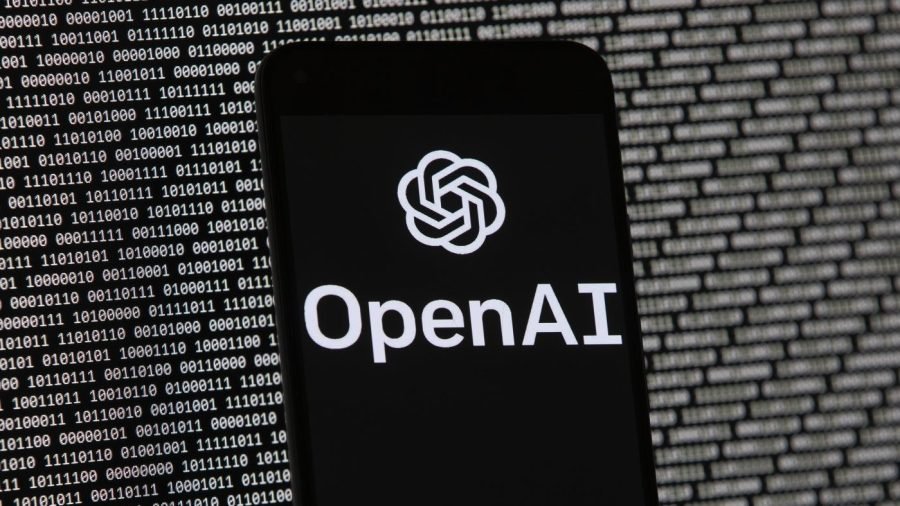High-profile figures, from OpenAI CEO Sam Altman to Amazon founder Jeff Bezos, have suggested in recent months that investors have become overexcited about AI, as companies bet big on the technology with multibillion-dollar investments.
This has been compounded by concerns about the increasingly circular nature of AI spending, as the likes of Nvidia, OpenAI and AMD announce new deals that seem to feed themselves.
“The question is — are we in an AI bubble?” said James Angel, an associate professor at Georgetown University’s McDonough School of Business.
“You never really know until afterwards whether today’s prices were justified by the future cash flows of these companies or whether investors were overly exuberant.”
Since the advent of OpenAI’s ChatGPT in late 2022, AI has become a major draw for investors. Nvidia, once a relatively obscure company focused on producing chips for video games, has become the most valuable company in the world.
In July, the chipmaker became the first public company to surpass a market capitalization of $4 trillion, as its chips remain the lifeblood of the AI boom. It currently sits at a massive $4.5 trillion.
Tech giants, like Microsoft, Apple, Amazon, Google and Meta, have also seen expansive growth over the past three years as they seek to cash in on the AI craze, promising vast investments in AI.
Other firms have also felt the power of investors’ excitement in AI. Oracle saw its stock surge 40 percent on a single day in September, after projecting massive revenue from several multibillion-dollar cloud computing contracts.
These huge gains have increasingly spurred concerns that stock prices are getting away from their underlying value, the dynamic that results in a bubble.
“When bubbles happen, smart people get overexcited about a kernel of truth,” OpenAI’s Altman told reporters in August, according to The Verge.
“Are we in a phase where investors as a whole are overexcited about AI? My opinion is yes,” he said. “Is AI the most important thing to happen in a very long time? My opinion is also yes.”
Bezos offered a similar assessment earlier this month, suggesting that this excitement might be clouding investors’ judgement.
“[The] thing that happens when people get very excited, as they are today about artificial intelligence for example, is every experiment gets funded, every company gets funded,” he said.
“Investors have a hard time in the middle of this excitement distinguishing between the good ideas and the bad ideas,” Bezos added.
Check out the full report at TheHill.com tomorrow.
